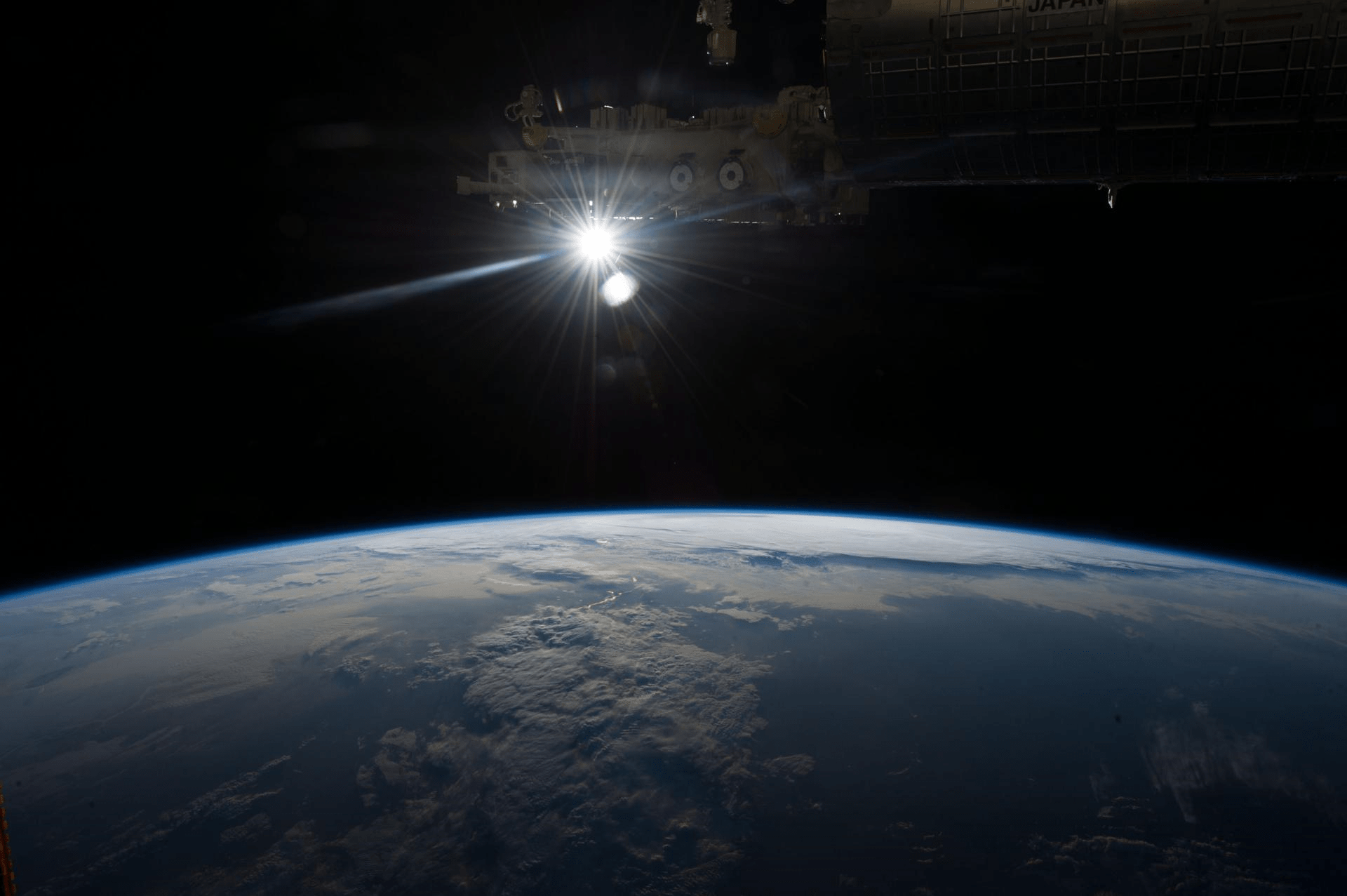The NASA-funded Translational Research Institute for Space Health (TRISH) announced its selections for the institute’s 2024 postdoctoral fellowship, a space health program intended to launch the careers of a new generation of researchers tackling various challenges involved with human space exploration.
The program supports early-career scientists pursuing research with the potential to reduce the health risks associated with spaceflight. Selected fellows will participate in TRISH’s Academy of Bioastronautics, a mentorship community for space health professionals, and receive a two-year salary stipend. Fellows were selected based on the strengths of the various projects they proposed. Projects are expected to begin in September.
“Our TRISH program has always prioritized providing the next generation with the tools to further human health in space,” said Dr. Rihana Bokhari, acting TRISH chief scientific officer and assistant professor at Baylor College of Medicine in Houston. “As space becomes more accessible to more people, investing in these early-career scientists is necessary to develop solutions to mitigate the health risks that life in space may pose. We are eager to have this group join our postdoctoral fellowship program and enhance their research for spaceflight.”
The following fellows were selected:
Carolyn Chlebek, Ph.D.
MaineHealth
Mentor: Clifford Rosen, M.D.
Project: Bone Metabolism is Altered by Skeletal Unloading and Nutrient Limitation During Long-duration Spaceflight
Katharyn Flickinger, Ph.D.
University of Pittsburgh
Mentor: Clifton Callaway, M.D., Ph.D.
Project: Metabolic Measurement, Manipulation, and Countermeasure Strategies
Patrick Opdensteinen, M.Sc., Ph.D.
University of California, San Diego
Mentor: Nicole Steinmetz, Ph.D. Project: Streamlined Molecular Farming of Virus-Like Particle (VLP) Therapeutics in Space
The institute is supported by NASA’s Human Research Program to solve the challenges of human deep space exploration. Led by Baylor College of Medicine’s Center for Space Medicine, the consortium leverages partnerships with Caltech in Pasadena, California and Massachusetts Institute of Technology in Cambridge.
NASA’s Human Research Program pursues the best methods and technologies to support safe, productive human space travel. Through science conducted in laboratories, ground-based analogs, and missions to the International Space Station, the program scrutinizes how spaceflight affects human bodies and behaviors. Such research continues to drive NASA’s mission to innovate ways that keep astronauts healthy as space exploration expands to the Moon, Mars, and beyond.
-end-
Kelly Humphries / Laura Sorto
Johnson Space Center, Houston
281-483-5111kelly.o.humphries@nasa.gov / laura.g.sorto@nasa.gov
